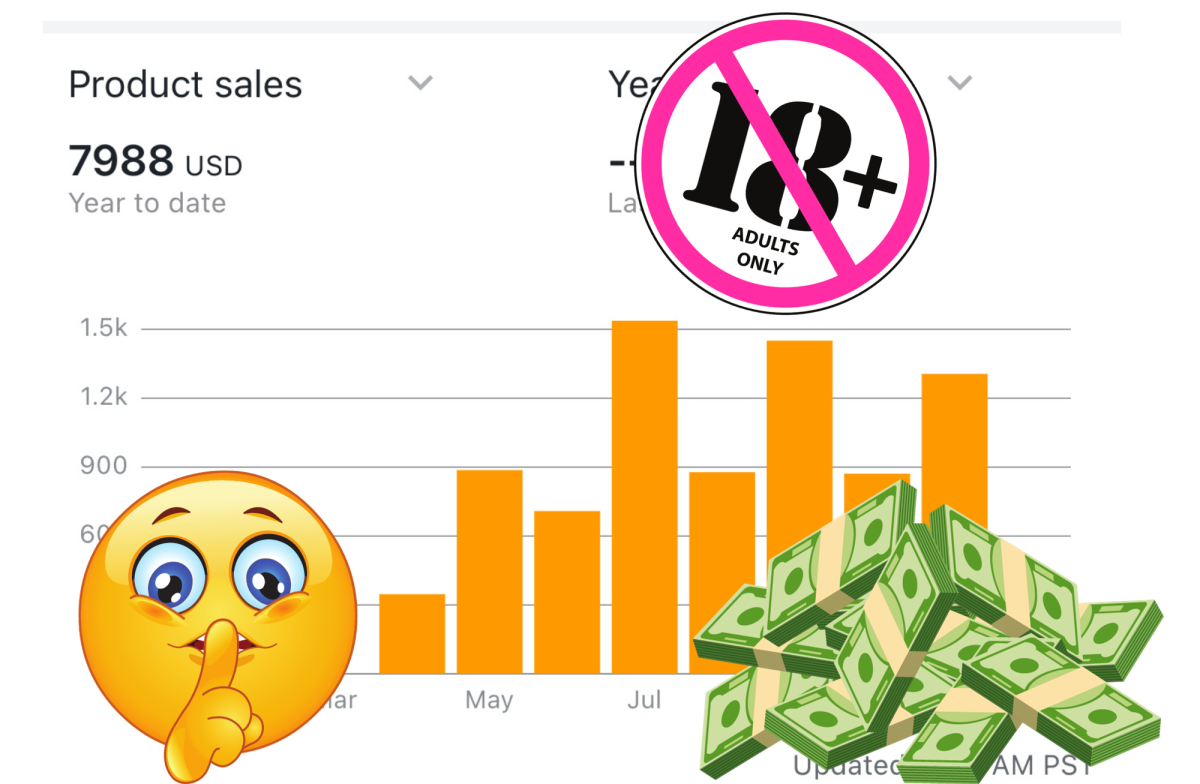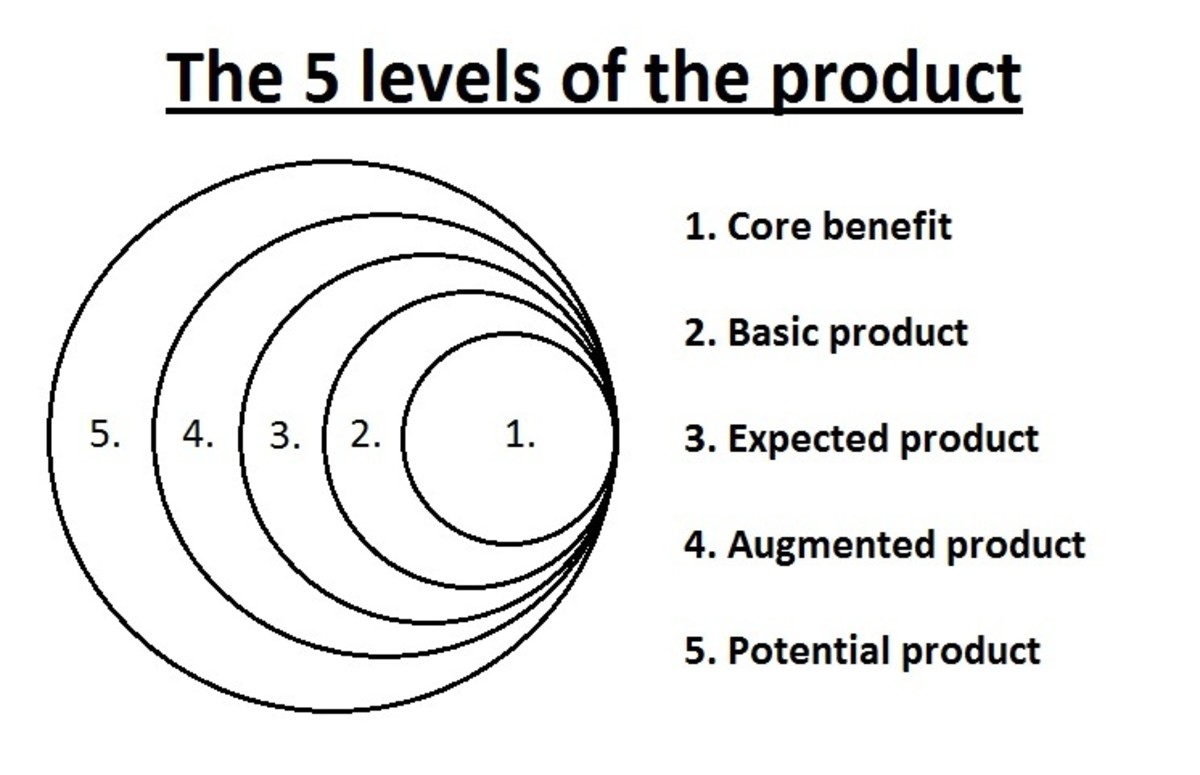Customers Using Businesses to Test Products Hurts Businesses
With online shopping becoming more and popular to today’s consumer people competition between vendors is at an all-time high. A person can buy pretty much anything completely online and usually at a less expensive price. The only drawback to purchasing something online compared to a store is that you cannot physically feel the product before you purchase it. But what if a consumer could not only feel and experience the item before they purchase, but also receive the lowest offered cost? This is where showrooming comes into play. Showrooming is where a person goes into the physical brick and mortar retail store and shops around like a consumer normally would when making a purchase decision, but before they buy a product they do a web search on their computer or smart phone the find which vendor offers the lowest price. The consumer is using the retail to satisfy their need to touch and try products before purchase. This is affecting small businesses because they are paying all the expenses associated with running a physical store location but not receiving the business of a large group of customers that use their store. This is a trend that started from a mixture of e-shopping and a poor economical state.

A lot of times an online vendor can offer lower prices than a retail store because they may have less costs associated with their business. For example an online vendor is competing with a local business in selling perfume. The local business has to purchase the inventory, pay the operating costs of their store, pay a worker to sell the product in their store, find a way to get customers into their store to buy the product and so forth. The online vendor might only have to pay the price of the product, shipping and handling, and possibly a small listing fee. This allows the online vendor a much large margin of profit because of fewer expenses. The problem a lot of online vendors were having is that people did not want to purchase something they haven’t held yet. Once people figured out that they could go into these retail store to try the items and then go back and buy them online retail stores started suffering huge losses of sales. Ron Adner says "Now you are bringing the other store in with you. And that raises the level of competition." Which means instead of deciding between competing businesses when purchasing products you bring the ability to buy from them into any store you enter.
Some of the larger businesses like Wal-Mart and Target are trying to combat this trend by refusing to sell Amazon’s kindles because Amazon has been promoting a bar code scanner app which makes it easier for the user to make purchases through amazon just by scanning a bar code. Target has also been trying to work with vendors to make more specific location based products in order to allow for more competitive prices. They have also started using in store specific bar codes so people can’t scan the product and purchase it somewhere else. These are some of the things the larger businesses are doing to combat showrooming but for smaller businesses it isn’t that easy. They may not have the funding to have a custom bar code system. Making the same changes a large store could be burdensome and costly for small businesses. Smaller retail stores might also not have enough pull with vendors to try and get them to stock location specific items or supply more competitively priced items. Small businesses in this case have to roll with the punches while maintaining steady losses.

One bright light for small businesses that has been in discussion in recent times is the integration of taxing online sales. A lot of people have been giving the online tax bill a lot of gripe but for small business retail stores this could be the helping hand they were looking for in the means of competitive pricing. By taxing all the sales made through the internet prices of online purchases will be driven up. While this sounds like a bad thing for consumers we will be forced to pay higher prices online and possibly have to go back to the old fashioned way of leaving your house to find the best deal. Now this isn’t by any means a complete solution to the problem but this online sales tax could prove to be beneficial to a lot of small businesses.
There will always be new and better means of performing daily tasks. The affect that innovating has on business can be good or bad. Showrooming is not nessesarily a new concept but with todays ability to access massive information in the palm of you hand it has become and increasing problem that business owners must face. As technology advances and the way us as consumers change there will be new problems that businesses have to prepair for and deal with. For online vendors showrooming is a benefit instead of a problem. With this in mind some people may have the opinion that showrooming is just a way of doing things. The only problem is if everyone did this then there would be know way for the retail store known as the showcase to stay operating. With the economy like it is consumers are less reckless with their spending and businesses are seeing smaller sales percents then in years past.



